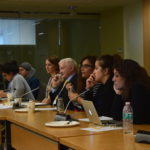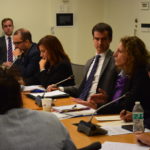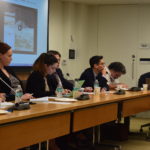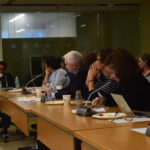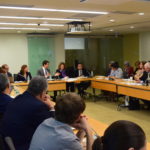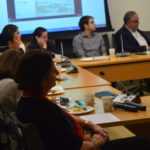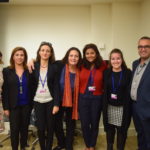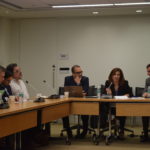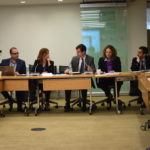This post is also available in: Arabic
On Friday, October 7, 2016 civil society and World Bank representatives gathered to discuss the Tunisian experience of development and decentralization. In the aftermath of the revolution and the new constitution in Tunisia, the Government has made strong commitments to make their vision of a participatory decentralized democratic state a reality. Development agencies such as the World Bank have stepped up to support this transition by financing a program that aims to redistribute decision-making from the central government to local governments. The Bank’s engagement in this program commenced in 2014 and since then it has been providing technical assistance to help local governments with implementing measures for fiscal transparency, citizen engagement and governance. This panel and roundtable discussion touched on many issues surrounding the implementation and impacts of this program, as well as broader questions of civil society, civic participation, democracy and development in contemporary Tunisia.
Moderator: Stephen McInerney – Executive Director Project on Middle East Democracy
Panelists:
Sabine Beddies – Task Team Leader at the World Bank
Hajer Trabelsi – President of GOAct-Tunisia
Karim Belhaj – President of Tunisian Association of Public Auditors
Fadil Aliriza – Tunisia Project Manager at Carnegie Endowment For International Peace
Organized by Bank Information Center
Hosted by Open Society Foundations

